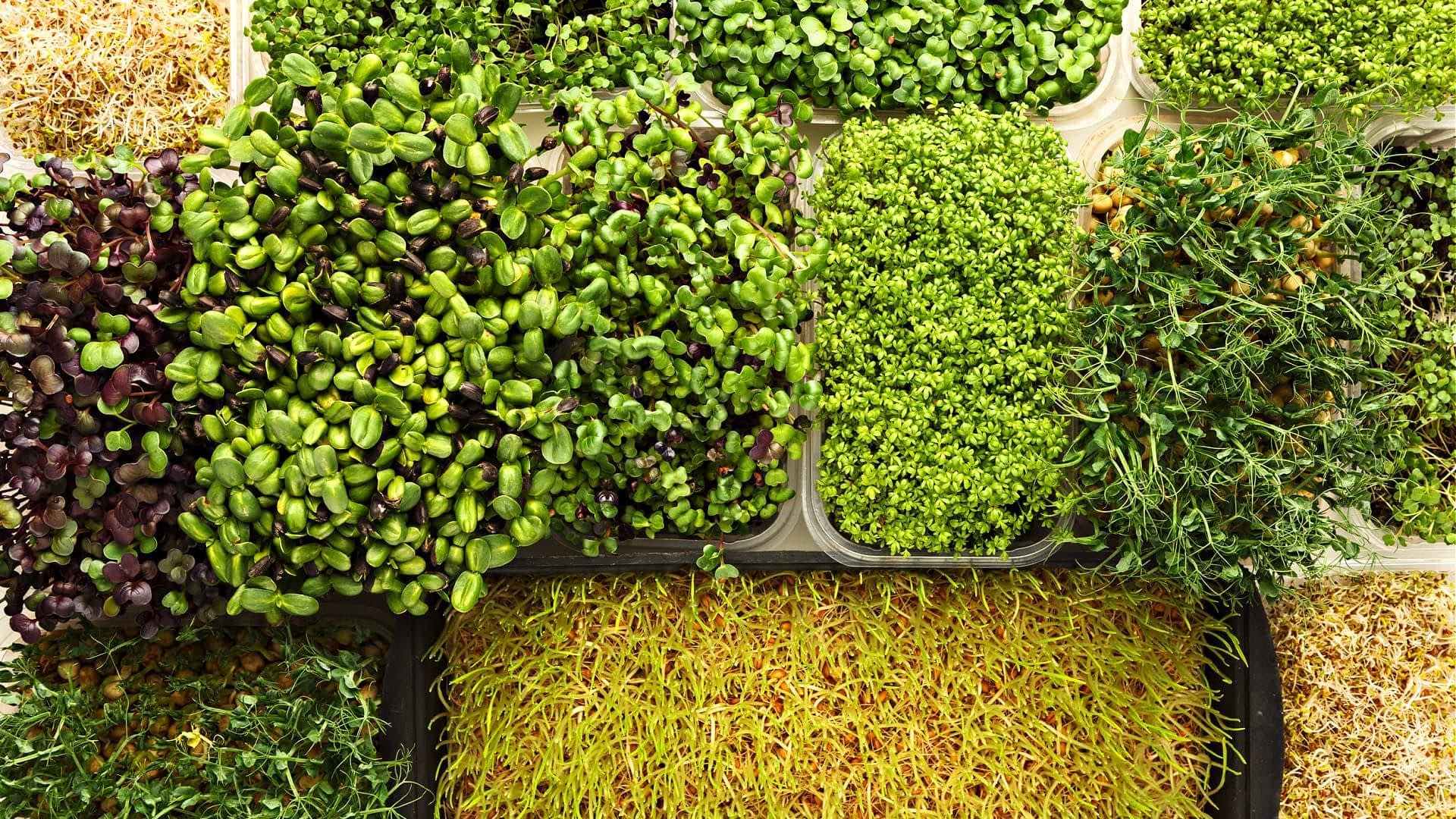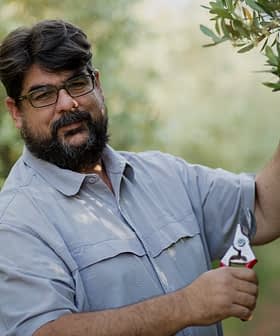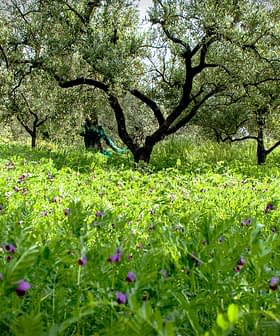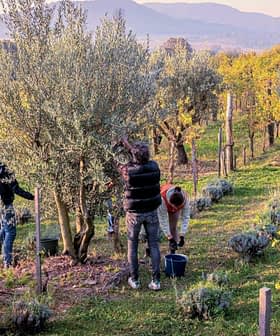Study: Shifting to Plant-Based Diets Can Cut Global Emissions and Capture CO2

A recent study published in Nature Food suggests that reducing meat consumption in developed countries could significantly lower greenhouse gas emissions, with the potential to sequester carbon on a large scale. Shifting to plant-based diets in these regions could not only help countries meet their carbon reduction goals but also have positive impacts on biodiversity, air quality, and public health.
Lowering the consumption of meat is one of the ways in which countries can lower their greenhouse gas emissions and sequester more carbon, according to a study recently published in Nature Food.
We don’t have to be purists about this. Even just cutting animal intake would be helpful.
Reducing meat-based diets in the most developed countries could slash up to 100 billion tons of greenhouse gas emissions, about one-tenth of total global emissions, according to the United States Environmental Protection Agency.
Shifting to plant-based diets would also mean that large stretches of land currently used for livestock grazing and food growing for livestock consumption could become new carbon-sequestering natural farms.
In turn, this would provide an additional avenue for countries to fulfill the carbon dioxide reduction goals initially laid out in the Paris Climate Agreement.
See Also:Climate Change CoverageAccording to the researchers, a major shift in nutritional habits in 54 countries that represent 68 percent of the global gross domestic product (GDP) and 17 percent of the global population could reduce their annual food production emissions by 61 percent.
Previous studies have shown that emissions connected to animal-based food production are at least twice as high as those deriving from crop production for human consumption.
Now, scientists are focussing on the role developed countries can play in this shift since people in these countries generally have access to a wider choice of food products.
“We looked at higher income regions because they have plenty of plant-based options for protein and other nutritional needs,” Paul Behrens, the lead author of the study and a researcher at Leiden University, wrote. “In lower-income regions, people consume fewer animal proteins but often rely on them for their health.”
According to the study, the reversion of agricultural lands used to raise and feed livestock to their natural state would allow the countries in which they are located to sequester 14-years worth of agricultural carbon dioxide emissions until natural vegetation matures.
Current research has shown that the ability of vegetation and forests to sequester carbon may progressively slow down as plants mature.
“It’s a remarkable opportunity for climate mitigation,” Behrens wrote. “But it would also have massive benefits for water quality, biodiversity, air pollution and access to nature, to name just a few.”
“There are hundreds of papers showing how important it is for us to be in nature for our health and these changes would open up vast tracts of land for rewilding close to where people live,” he added.
Behrens believes that governments should subsidize farmers to protect biodiversity and sequester carbon.
Researchers have considered the impact of shifting away from meat-based diets by comparing them to the EAT-Lancet planetary diet, a scientific review of what constitutes a healthy diet in a sustainable food production system extended to the global population.
Vegetables constitute the most significant part of that diet, with only a fraction of the proteins deriving from animal food. In such a diet, fats are consumed in the form of plant oils, such as olive oil.
The international team of researchers also noted that even just reducing the current animal food intake in the rich nations by 50 percent would bring great benefits.
“We don’t have to be purists about this. Even just cutting animal intake would be helpful,” Behrens concluded. “Imagine if half of the public in richer regions cut half the animal products in their diets. You’re still talking about a massive opportunity in environmental outcomes and public health.”









